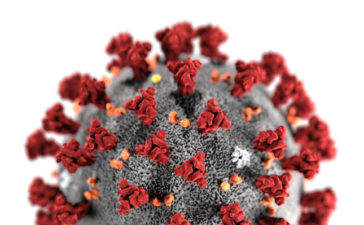New Delhi : Research indicates that both the hormonal fluctuations of the menstrual cycle and the negative symptomatology experienced while quitting play a role during smoking cessation and can influence outcomes.
Although more men than women smoke, women take less time to become dependent after initial use, report shorter and less frequent abstinence periods, smoke for longer periods in their lives, and have more difficulties quitting the habit than men.
The number of smokers is gradually decreasing in the Western world, but international and local epidemiological reports from the World Health Organization (WHO) and the Quebec (Canada) Statistics Institute suggest that cigarette smoking is on the rise internationally among young women and teen girls. Therefore, understanding the biological differences between males and females that can affect recovery efforts is very important.
Women tend to find it harder to quit smoking than men and a recent study suggests why.
Scientists reported in a mouse study that the difference in gender smoking patterns and smoking’s effects could be due to how nicotine impacts the brain-gut relationship.
When a person smokes tobacco, nicotine is delivered mainly to the lungs. But with skin patches and chewing tobacco, nicotine crosses the skin and into the gastrointestinal tract, respectively.
The main finding of the study suggests that brain function associated with craving for cigarettes fluctuates across the menstrual cycle in women smokers. Research emphasizes the need for gender-specific programs to quit smoking, as well as taking into consideration the menstrual cycle phase during addiction treatment in women. Women represent half the population and deserve to have researchers recognize their specific needs in future studies.
“A greater knowledge of the neurobiological mechanisms governing addiction should enable us to better target treatment according to the smoker’s profile,” said Mendrek.
Attempting to quit smoking is difficult, as with any addiction. Talk to a professional for advice on the best possible recovery options and help in personal recovery. Long-term success is possible with the decision to quit and become healthier.








